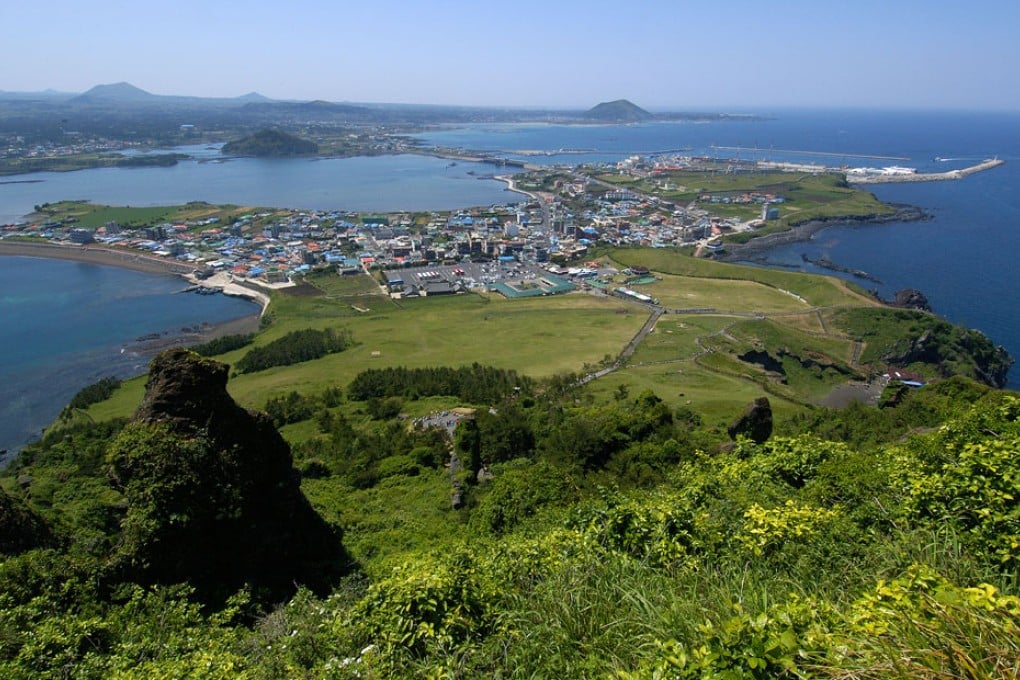Chinese pour money into Jeju property sector
Residents on the Korean resort island are wary of growing domination by the Chinese, saying too much land is being sold too cheaply

The level of Chinese investment in the property sector of South Korea's largest island of Jeju is soaring, rising 49 times between 2010 and the first half of this year. But it is angering many locals who feel too much land is being sold off, too cheaply.
At the end of 2010, Chinese citizens and businesses owned about 49,000 square metres of land on the resort island. By June this year, their holdings rose to 2.46 million sqmetres, Jeju provincial government data showed.
In other words, the amount of Jeju properties owned by Chinese investors has increased 4,892 per cent in just 2½ years.
"About 85 per cent of Chinese-owned land is meant for large resorts and hotel developments," said Ko Tae-min, a provincial government official responsible for attracting foreign investment to Jeju.
If we keep selling land like this … local people will be kicked out of their land
The remaining 15 per cent was for timeshares at condominium resorts and for small businesses, he told the South China Morning Post.
By June this year, Chinese-owned land in Jeju was worth nearly 158 billion won (HK$1.1 billion).